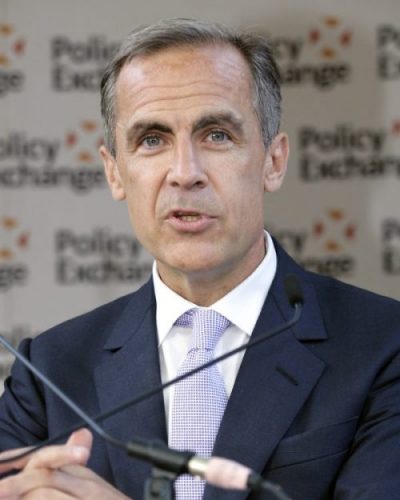By The Editor
The summer started with a bang for blockchain enthusiasts with the announcement of Libra by Facebook which finally pushed cryptocurrency into the mainstream. But the news cycle in the otherwise high-octane crypto sector has slowed down to a whimper. The announcement of Libra, not surprisingly, has had a mixed impact for the crypto asset industry. First, it has significantly raised the stakes in the blockchain and digital currency game (especially for the startups) by bringing the industry under the sharp scanner of the regulators (both at the global and the local level) given the systemic implications of the Big Tech’s entry into the nascent and mostly unregulated sector.
No doubt, the news triggered a barrage of regulatory responses around the world, particularly amongst Washington lawmakers given its money laundering and terror financing risks while EU’s anti-trust regulators have launched an investigation over concerns over FB’s anti-competitive behavior. Given these developments, some of Libra’s consortium members are reportedly having second thoughts (see here) about continuing to take part in what had initially promised to be a global cryptocurrency. Global money-laundering agency the Financial Action Task Force (FATF) is also beginning to walk to the talk, implementing the know-your-customer requirements on the entities that engage in crypto transactions, notably the draconian “transfer rules” (see here). Secondly, Facebook’s Libra clearly has had the impact of hastening the roll-out of central bank digital currencies.
The Bank of England Governor Mark Carney has proposed a blockchain-based digital currency that could potentially take the place of the US dollar as a global reserve currency (see here). His call for a Synthetic Hegemonic Currency (SHC) was made during the high-profile annual gathering of global central bankers at Jackson Hole, Wyoming. The Bitcoin fans, of course, latched onto the news as an endorsement of the world’s leading cryptocurrency. One such fan is Richard Galvin, former JP Morgan banker and crypto convert, going so far as to tell Bloomberg that Bitcoin “fits the description” of such a stateless cryptocurrency (see here).
Carney’s SHC is clearly inspired by Facebook’s now-embattled Libra coin. The reports have even emerged that Carney (see here) flew to California to hold a secret meeting with Facebook’s Mark Zuckerberg. Global regulators have been quite successful in the past in co-opting and adapting private sector innovations (or at least the discourse surrounding them) in blockchain and cryptocurrencies.
Furthermore, if media reports are any indication, central banks such as the Monetary Authority of Singapore (MAS) and the People’s Bank of China (PBoC) are also neck-deep in their work to create digital equivalents of their respective sovereign cryptocurrencies, though true-believers might refuse to view them as crypto. On August 28, Forbes magazine, citing two sources, reported (see here) that the Chinese central bank could issue its digital yuan as early as November 11 this year during the so-called Single’s Day shopping season. China Construction Bank, the Industrial and Commercial Bank of China, the Bank of China, the Agricultural Bank of China, the two of China’s largest fintech firms, Alibaba and Tencent, and UnionPay will receive the cryptocurrency known as DC/EP (Digital Currency/Electronic Payments), the report said.
It, however, remains to be seen how successful they would be in stemming the tide of growing popularity in private digital currencies, let alone hope to replace them by centrally-managed digital currencies (especially for retail use), and what implications would they have on blockchain as a technology. Or, would they actually make the original private currencies such as Bitcoin even more popular, especially when trying to evade government surveillance during crisis events (such as during the HK protests or US-China trade war) as has been alleged by some media outlets. Clearly, the developments in the coming months would be exciting as the tug of war between the crypto sector and the regulators continue to rumble on amidst a somewhat volatile external environment.
